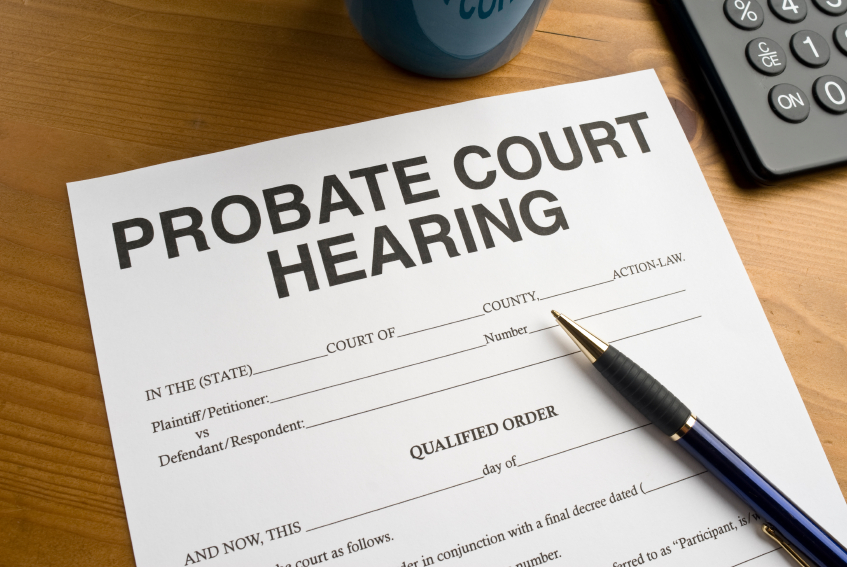If a person dies and leaves a will behind, then the will is known as a testate. At times, the person who has passed away might have assets he/she might have gifted as per his/her will. In such scenarios, the persons who have been named as personal representatives are left with the responsibility to administer the estate. If the deceased has all the assets in his name, then the holder of the assets are required to acquire a court permission in order to get the assets released to the personal representative. For grant of probate, an application is generally made to the surrogate office. If a grant of probate is issued, then the validity of the will is proved by the court, thus giving the executor the required authority to distribute the estate in accordance of the will and the laws of the province.
There are different steps involved in the probate process where each step can take different amounts of time. The amount of time taken also depends upon the complexity of the estate.
Gathering Information
The executor needs to gather all the necessary information along with the documents that will be required to apply for the probate. In case of estates that are large and complex, this step alone can take a substantial amount of time. It is of prime importance that the executor takes the necessary time required to make sure that the information included is relevant and accurate.
Applying for Probate and Receiving Approval
Once done with the above step, the application along with relevant documents needs to be submitted to the court of the distrust where the deceased last lived in. Once the application is submitted, then you to wait for the court orders to come in. Some districts are known to grant a probate in a week or two, while the larger district courts are known to take somewhere between 6 – 9 weeks. Many factors determine the waiting time among which the prime factor is the amount of requests the court has received during that time period.
Dealing with problems related to applications
The time it takes to receive a grant of probate is also influenced greatly by any inaccuracies with the application or any problem that is plaguing the application.
It might be possible that the executor receives a rejection notice after waiting for weeks for the grant of probate. The reason for rejection could be anything from incomplete to inaccurate information. The executor holds the responsibility of fixing the information and re-submitting the application in question. Usually after this, the waiting process starts all over again.
Clearance Certificate
In certain scenarios, the executor still has to wait to distribute the assets even after the issuance of the grant of probate. In some cases, even after the grant of probate is issued, the executor is required to wait before distribution of the assets can begin. This generally happens because a clearance certificate might be required by the Canada Revenue Agency before any assets are allowed to be released. This certificate can take up to several months to be acquired.
Execution of the Will
After the applications have been approved the executor, the state can start the process of distribution of the assets to their respected beneficiaries. If the estate is large and complex then this step can be quite difficult.
Tasks like notifying insurance companies and the asset holders along with locating and getting in touch with the beneficiaries rests with the executor. From the payment of debts to the distribution of assets, the executor has the responsibility of going through all of them. Coordinating such arrangements can take up to several months.
Prowse Barrette (Previously Prowse Chowne) has a team of efficient and apt probate lawyers and estate lawyers who can help you with such complexities in cases when a dear family member or loved one passes away and you are left as an executor for them.

